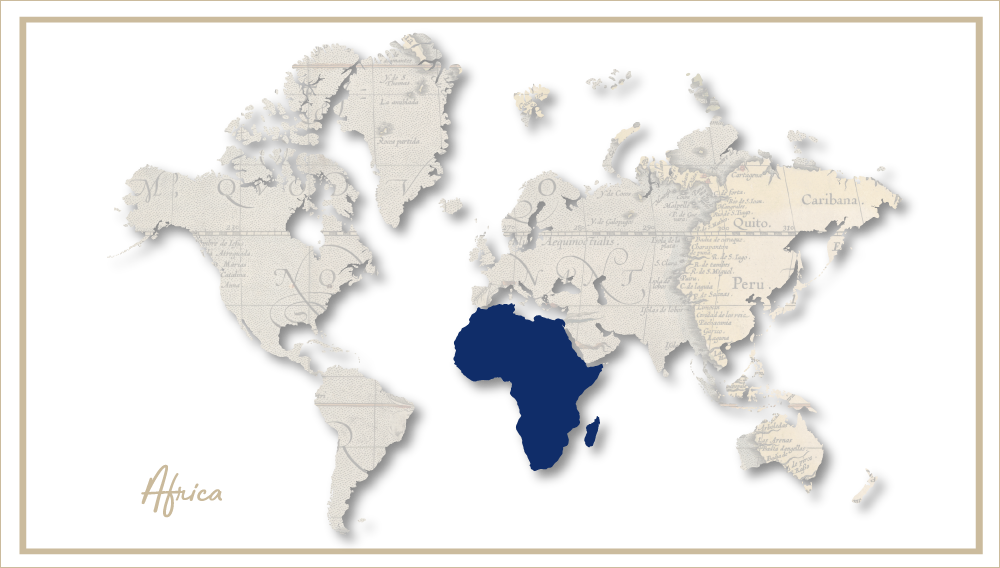The curse of crude oil: drink more but cheaper
Africa’s number one oil producing nation, Nigeria, has seen its economy getting hammered by weak crude prices. The country’s brewers have been affected too.
The fall in the oil price from mid-2014 has weakened the naira and put a brake on household spending. Yet, local brewers have witnessed a paradoxical development. Rather than ditching beer purchases, Nigerians have kept on buying beer, driving consumption up to 17 million hl in 2016 from 15 million hl in 2012, according to Euromonitor. The market research firm forecasts that beer consumption could reach 20 million hl in 2020.
At the same time, however, brewers’ profits have tanked. Exotix, a Nigerian brokerage, estimates that Nigeria’s beer profit pool has shrunk to USD 271 million in 2016, down from a peak of USD 610 million in 2013.
This phenomenon is known as consumers trading down.
At the start of this decade, beer sales were dominated by so-called mainstream and premium brands, such as Harp Lager and Guinness Foreign Extra Stout produced by Guinness Nigeria, and the Star and Heineken lagers made by Nigerian Breweries. Economy brands or value beers had less than 15 percent of the market, it was reported.
By 2015, their share had risen to 30 percent and has since doubled to over 60 percent.
Guinness Nigeria, a subsidiary of the drinks company Diageo, has been hit hard by this shift. According to Exotix, its market share has fallen from 26 percent in 2011 to 17 percent in 2016.
Nigerian Breweries, a subsidiary of Heineken, has gained share through acquisitions. Its market share is estimated to be 69 percent.
AB-InBev, which took over SABMiller’s ventures in Nigeria, has seen its market share rise to 15 percent from four percent.
In the key economy segment, however, AB-InBev has 33 percent, Nigerian Breweries 57 percent and Guinness Nigeria just ten percent.

